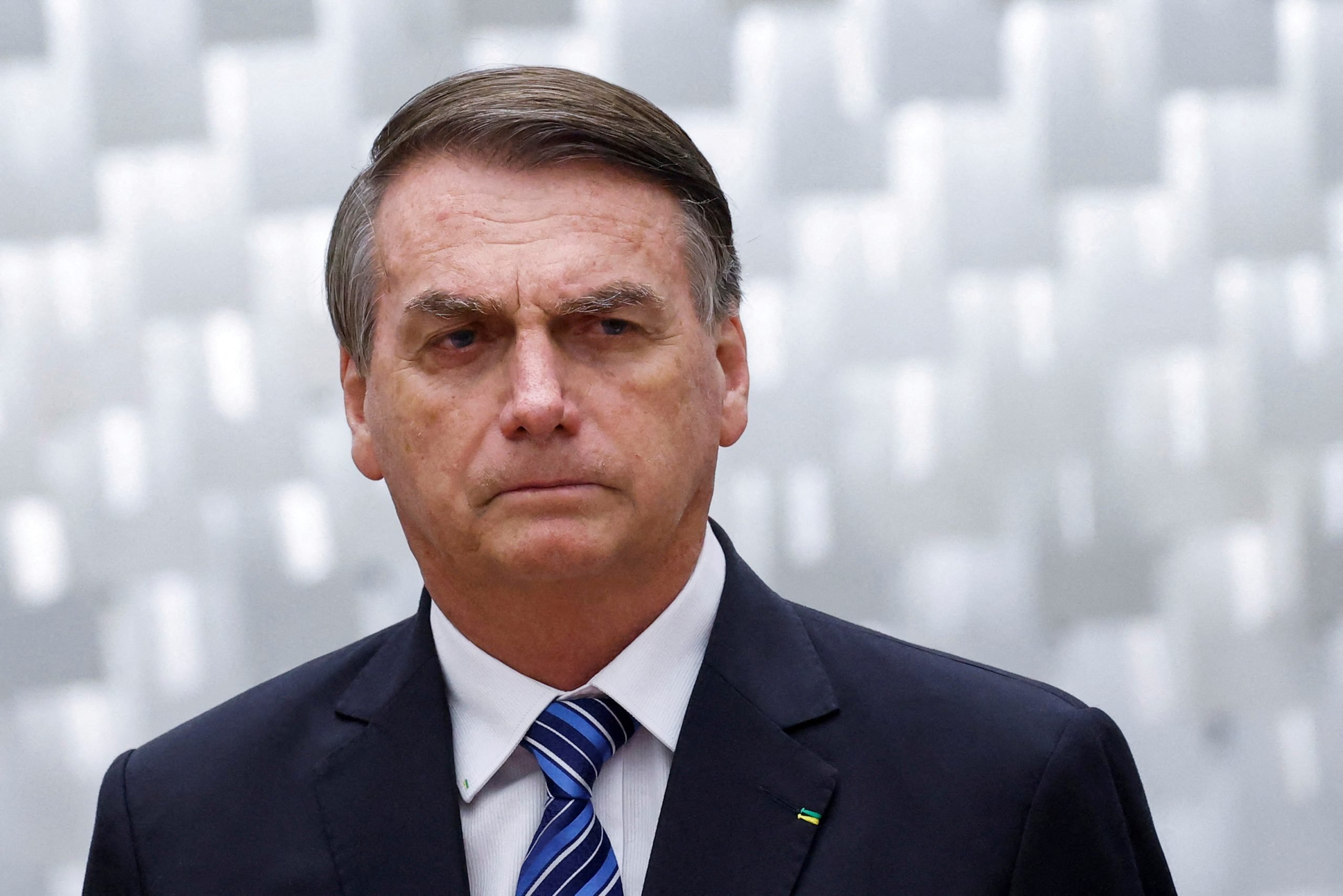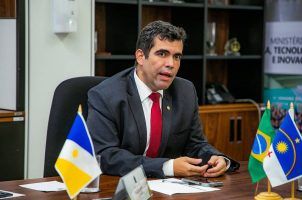Brazil No Closer to Legalized Sports Betting as Deadline Passes
Posted on: December 13, 2022, 10:50h.
Last updated on: December 13, 2022, 12:17h.
Four years ago, lawmakers in Brazil set in motion a plan to develop the country’s sports betting market, setting a deadline of December 12 to have rules in place. That day has come, but Jair Bolsonaro, the outgoing president, showed why a change in command is necessary.

Bolsonaro has repeatedly stated that he doesn’t support regulated sports betting, despite the revenue it means to the country. One of his final moves as president before handing over the keys to Luiz Inácio Lula da Silva was to ignore lawmakers’ plans to have new rules in place before the end of the year.
The Senate approved fixed-odds sports betting legislation in 2018 and included language that gave the government two years to come up with the rules. They included an option for a two-year extension. Bolsonaro’s inaction means that lawmakers, who approved regulations earlier this year, will have to start over from the beginning.
Striking Out in the Final Inning
The framework to move legal, regulated sports betting forward arrived following legislative approval in May. Since then, it has sat on a desk while Brazil continues to lose revenue to offshore options.
Bolsonaro, who faces a lawsuit for abuse of power during the recent presidential elections, only had to sign the regulations that lawmakers had created. These included a license fee of $4.2 million at today’s exchange rate, which with at least half a dozen operators looking to enter the market, would have added more than $25 million to the economy right out of the gate.
Instead, less revenue will flow into the country, and subsequently, to government coffers through tax revenue. However, there are other options that could help offset the difference, such as the Health and Tourism Lotteries, which could offer sports betting. What remains to be seen is how these will compare to international operators that are already developing extensive client lists.
Still, Bosonaro’s inaction comes as a blow after the general consensus was that approval would come before this year’s World Cup. Without it, Brazil is missing out on what could have potentially been tens of millions of dollars in betting revenue.
Some estimates put the unregulated sports betting market in Brazil at around BRL7 billion (US$1.32 billion) in 2020. It could almost double next year, and the World Cup will likely see betting of close to €160 billion. None of that, however, will deliver revenue to Brazil.
Other gaming options are likely to arrive in the near future, possibly after Lula takes control. iGaming might be on the verge of finding approval, which would open the door to casinos, bingo, horse racing, and other options. With this segment, however, no external operators will be permitted.
Lula on the Fence
Lula will take office in January but still hasn’t made his official position on gambling expansion clear. He’s shown more support for new gambling and betting options in order to shore up the economy, but has never publicly stated that he would sign off on any gambling or betting legislation that crosses his desk.
With Brazil in dire need of new revenue streams, it would be hard to ignore the money the gaming industry could deliver. iGaming Brazil expects a regulated market to provide, from sports betting and casino gambling, as much as BRL20 billion (US$3.79 billion) a year.
A large portion of that is already moving through Brazil, but heads outside its borders without the proper regulations in place. 2023 could bring much-needed changes to the country in hopes of improving its economic autonomy.
Related News Articles
Rio de Janeiro May See Regulated Sports Betting This Year
Brazilian Soccer Clubs Attempt to Block Sports Betting Ad Ban
Most Popular
Las Vegas Overstated F1 Race’s Vegas Impact — Report
Vegas Strip Clubs Wrestle in Court Over Animal Names
Most Commented
-
End of the Line for Las Vegas Monorail
— April 5, 2024 — 90 Comments -
Mega Millions Reportedly Mulling Substantial Ticket Price Increase
— April 16, 2024 — 6 Comments -
Long Island Casino Opponents Love New York Licensing Delays
— March 27, 2024 — 5 Comments -
Nearly Abandoned Mall Outside Vegas Soon to Have Only One Tenant
— March 12, 2024 — 5 Comments
















No comments yet